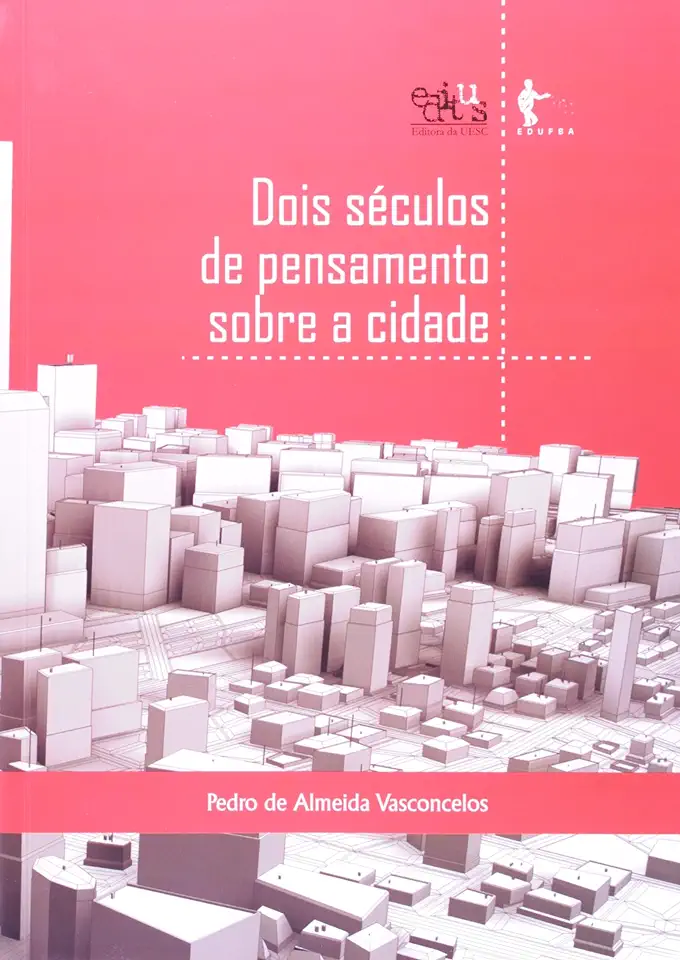
Two Centuries of Thinking About the City - Pedro de Almeida Vasconcelos
Two Centuries of Thinking About the City: A Comprehensive Exploration of Urban Development
Introduction: Unveiling the Essence of Urbanization
In the ever-evolving landscape of human civilization, cities have emerged as vibrant hubs of progress, innovation, and cultural exchange. For over two centuries, scholars, architects, and urban planners have delved into the intricate complexities of urban development, seeking to understand the forces that shape our cities and the impact they have on our lives. In his seminal work, "Two Centuries of Thinking About the City," Pedro de Almeida Vasconcelos embarks on an intellectual journey, tracing the evolution of urban thought from the 19th century to the present day.
A Journey Through Time: Exploring Urban Thought
Vasconcelos meticulously dissects the intellectual landscape of urbanism, highlighting key thinkers and their groundbreaking ideas that have shaped our understanding of cities. From the utopian visions of the early 19th century to the modernist movements of the 20th century, the book provides a comprehensive overview of the major schools of thought that have influenced urban planning and design.
The City as a Living Organism: Organicism and Urban Growth
One of the central themes explored in the book is the concept of organicism, which views the city as a living organism, constantly evolving and adapting to its surroundings. Vasconcelos examines the works of influential thinkers such as Patrick Geddes and Lewis Mumford, who emphasized the importance of integrating natural elements into urban design and respecting the city's historical and cultural heritage.
Modernism and the Machine: Shaping the Urban Landscape
The book also delves into the impact of modernism on urban development, highlighting the transformative effects of industrialization and technological advancements. Vasconcelos analyzes the works of Le Corbusier, Ludwig Hilberseimer, and other modernist architects who advocated for functionalist design and the separation of different urban functions.
Postmodernism and the Critique of Modernism
In the latter part of the 20th century, postmodernism emerged as a critique of modernist ideals. Vasconcelos explores the works of postmodern thinkers such as Jane Jacobs, Robert Venturi, and Rem Koolhaas, who challenged the rigid principles of modernist planning and advocated for a more inclusive and diverse approach to urban design.
The Contemporary City: Challenges and Opportunities
In the final section of the book, Vasconcelos examines the challenges facing contemporary cities, including issues such as sustainability, gentrification, and social inequality. He draws upon the insights of contemporary urban thinkers and practitioners to propose innovative solutions that promote livable, resilient, and inclusive urban environments.
Conclusion: Embracing the Complexity of Urban Life
"Two Centuries of Thinking About the City" is a must-read for anyone interested in understanding the evolution of urban development and its impact on our lives. Vasconcelos' comprehensive analysis of urban thought provides a profound understanding of the forces that have shaped our cities and the challenges we face in creating sustainable and livable urban environments. This book is an essential resource for urban planners, architects, policymakers, and anyone passionate about shaping the future of our cities.
Enjoyed the summary? Discover all the details and take your reading to the next level — [click here to view the book on Amazon!]